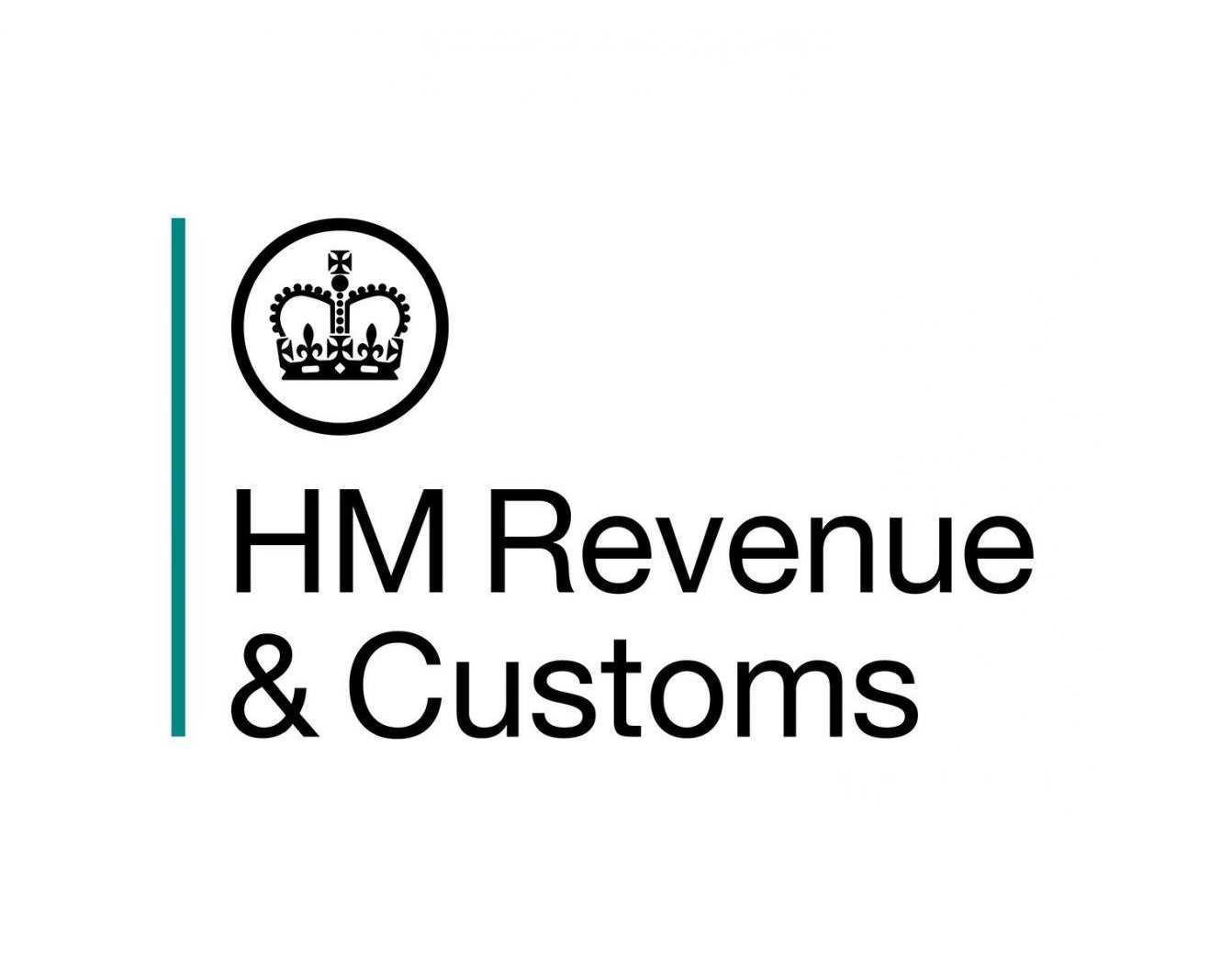“Executor left on the hook for £340,000 inheritance tax bill after beneficiary fails to pay.”
This was the sobering headline in a very recent edition of the Telegraph which provides a particularly stark warning to individuals who agree to act as Executor/Administrator of a deceased’s estate.
The background is that Mrs Helena McDonald died intestate (i.e. without making a will) leaving an estate of almost £1.2 million. Under the intestacy rules, Mrs McDonald’s brother, Mr Whitfield Harewood was the sole beneficiary of her estate.
Mr Harewood did not apply to be Administrator and instead, Mr Glynne Harris applied for a Grant of Letters of Administration and was appointed Administrator of the estate. ‘Administrator’ is the person appointed to deal with the estate when there is no valid Will. The role of Administrator carries the exact same responsibilities and duties as that of Executor.
In April 2013 Mr Harris filed an inheritance tax return and an initial payment of tax was made. As the estate contained land, it was possible for the remaining inheritance tax owed to HMRC to be paid in instalments whilst Mr Harris continued the process of gathering in the assets of the estate.
Mr Harris later released a substantial amount (possibly all) of the estate’s funds directly to Mr Harewood on the understanding that Mr Harewood would pay the remaining tax due. Unfortunately for Mr Harris, Mr Harewood promptly disappeared back to Barbados without paying! Mr Harris was then unable to contact Mr Harewood.
After opening an enquiry into the account, HMRC determined in October 2015 that the inheritance tax payable was £341,278. Mr Harris did not challenge the amount of tax owed but at appeal, argued that he should not be held liable because he had transferred the estate assets to the beneficiary strictly on the understanding that the beneficiary would pay!
The Tribunal Judge ruled in HMRC’s favour leaving Mr Harris personally liable for the outstanding tax.
The Law
S200 Inheritance Tax Act 1984 is clear as to who bears the burden of inheritance tax. It is the Executors/Administrators of the deceased (in this case, Mr Harris as Administrator) who have the obligation to pay any inheritance tax arising on death.
The Judge said it was no defence that Mr Harris had transferred the estate assets on the basis that Mr Harewood would be responsible for payment of the tax. It was also no defence that Mr Harris may have been ignorant of his obligations as administrator to pay the inheritance tax owing.
This particularly extreme case is a sharp reminder that acting as an Executor/Administrator carries very significant responsibility. It may feel like something of a privilege to be asked to be a friend or relative’s executor but people should understand exactly what is involved and what they are agreeing to.
The responsibilities of the Personal Representative
Acting as an Executor/Administrator is not an easy ride. It can be a long-term commitment requiring meticulous record keeping. Duties may include.
- Arranging the funeral;
- Taking an inventory of the deceased’s assets and liabilities;
- Corresponding with financial institutions;
- Completing inheritance tax returns and paying inheritance tax (if applicable);
- Completing income and capital gains tax returns;
- Paying all debts and charges of the estate;
- Searching for missing assets;
- Securing and insuring vacant property;
- Preparing estate accounts; and
- Distributing the residue of the estate to the beneficiaries.
Executors/Administrators are particularly exposed to the risk of mistake and potential litigation if any of the following apply;
- The deceased dies without a will;
- The deceased made a “home-made” will.
- The estate is large and inheritance tax is due;
- The estate includes a business or agricultural property;
- There are disappointed beneficiaries/relatives;
- Beneficiaries cannot be traced;
In such cases it is particularly important to take specialist advice from a solicitor who can assist in these areas.
The importance of making a will
Statistics indicate that two thirds of adults in the UK do not have wills in place. The estates of those that die without a will are subject to the intestacy rules which have remained largely unchanged since 1925. Intestate estates are invariably more difficult (and expensive) to administer with greater risk attached to the administrators.
A great deal of difficulty for loved ones can be avoided by putting a will in place setting out details such as your chosen executors, funeral preferences. guardianship for any children and indicating your chosen beneficiaries. Making a will also provides an opportunity for inheritance tax planning.


